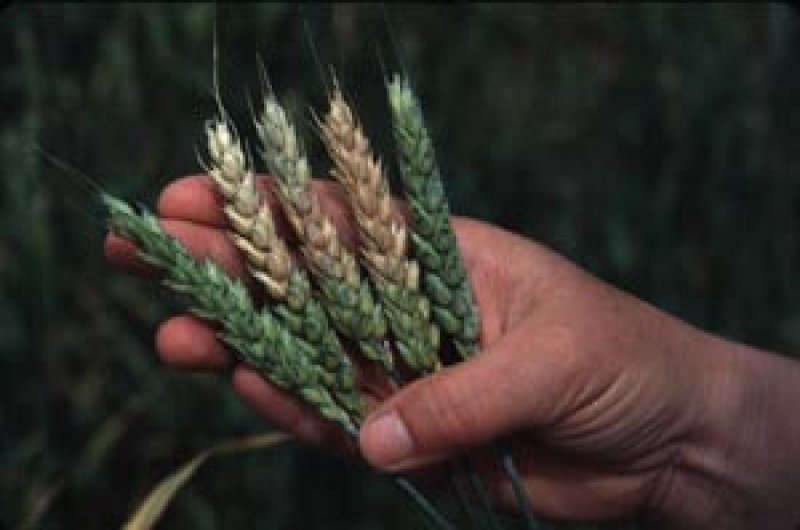The International Federation of Organic Agricultural Movements (IFOAM) said, in a paper, that “new genetic engineering technologies… are not compatible with organic farming and must not be used in organic breeding or organic production.”
That seems like a clear “no” around gene editing.
But the debate over gene-edited crops is not over in organics. Some farmers and industry leaders support gene editing.
“It is a very polarizing topic,” said Susanna Klassen, who is working on her PhD in sustainable food systems at the University of British Columbia.
“People tend to be on one side or other of this debate.”
Gene editing, or genome editing, is technology where scientists can delete or change specific genes in a plant to achieve desired traits. It’s different from the old transgenic technology, used to develop genetically modified crops.
…
Saskatchewan Crop Insurance Corp. data from 2019-20 shows the average yield from organic crops is about 40 to 50 percent of conventional crops.
If gene editing produced a wheat variety with better resistance to fusarium head blight, for example, organic growers could boost yields.
“You might get a slightly different answer (from farmers),” [researcher Sara] Nawaz said.
This is an excerpt. Read the original post here.































